The One Nutrient We May Be Missing for a Longer Life, Says Dietitian
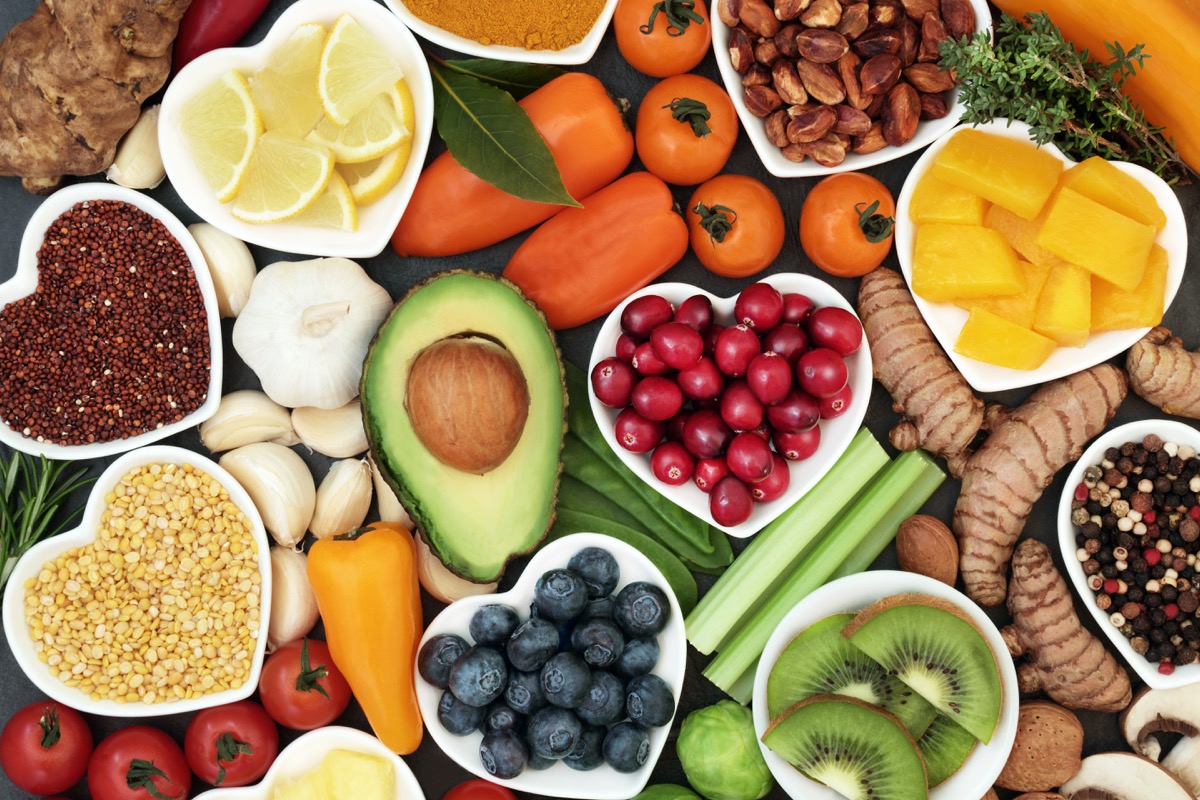
If you are focused on doing all you can to support a healthy and long life, you are surely already exercising, eating a balanced diet, and trying to manage your stress level. But among the popular things people are doing these days to keep their bodies healthy for an extended period of time, focusing on including antioxidants may be one step that people are missing.
Why? While data is mixed, some research suggests that the more antioxidants a person eats may be linked to a reduced risk of death among specific populations. One study published in the European Journal of Nutrition showed that diets with a higher antioxidant capacity were associated with a lower risk of all-cause, cardiovascular, and respiratory disease mortality.
What are antioxidants and how may they affect lifespan?
So, what are antioxidants and how are they linked to longevity? To make sense of what these compounds are, we first have to understand what happens in the body that makes them so important to have in our diets.
During our normal lives, our bodies produce free radicals, which over time can cause oxidative stress in our bodies. While everyone will experience some oxidative stress, this effect can be elevated due to factors like eating fried foods, experiencing high amounts of stress, and smoking cigarettes. Too much oxidative stress is linked to some negative health outcomes, including Alzheimer's disease, kidney disease, and certain cancers. Some data even suggest that too much oxidative stress is linked to an increased risk of early death.
Antioxidants can help neutralize the free radicals that cause oxidative stress, highlighting why including antioxidant-rich foods is incredibly important to a healthy diet.
It is important to note, however, that while some data suggest that eating antioxidant-rich foods may help people live a longer life, antioxidant supplements don't appear to offer the same benefits.
How to include more antioxidants in your diet
There is no doubt that antioxidants are important to include in your diet to combat an excess amount of oxidative stress. However, since approximately 90% of Americans aren't eating the recommended amounts of fruits and vegetables every day, a key source of antioxidants, it is safe to assume that many of us are not including enough of this nutrient in our diet.
If you are on the hunt for some delicious and antioxidant-rich options to include in your balanced and healthy diet to ensure that you are fueling yourself with these important compounds, here are six that should absolutely be on your radar.
Berries
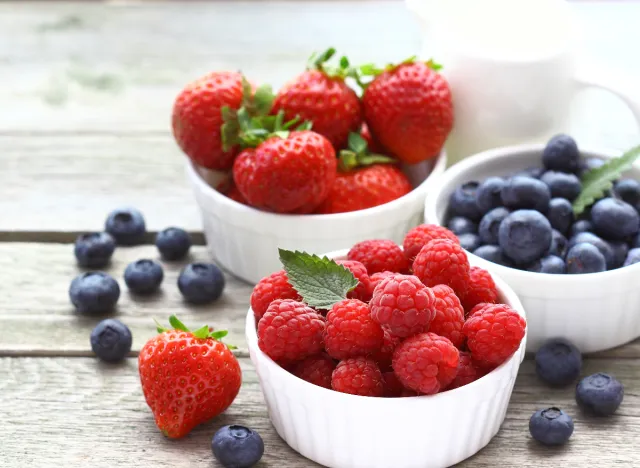
While there are slight differences in the antioxidant content of different varieties of berries, people can rest assured that enjoying these fruity morsels will fuel the body with a significant amount of antioxidants. So no matter whether you are grabbing a handful of raspberries, blueberries, or otherwise, doing so will help your body have what it needs to combat some of the oxidative stress you may have in your body.
Dark Chocolate
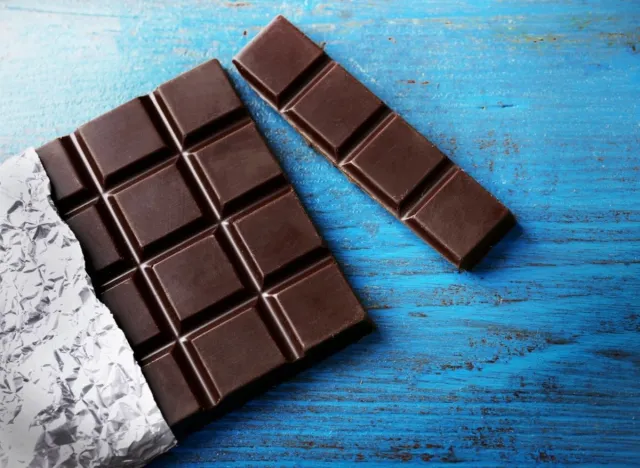
Chocolate lovers, rejoice! Including this indulgent favorite in your diet can give your body a boost of antioxidants along with that classic taste that many of us know and love. Thank the natural cocoa used to make chocolate for the antioxidant addition, as this ingredient contains more phenolic antioxidants than most foods.
Coffee and Tea
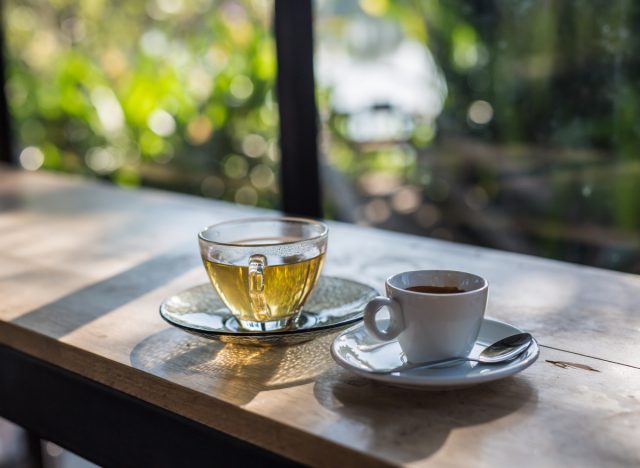
Yes, what you drink can make a difference in the antioxidant department too. Both coffee and tea contain natural antioxidants that can offer unique benefits for our overall health.
Pistachios
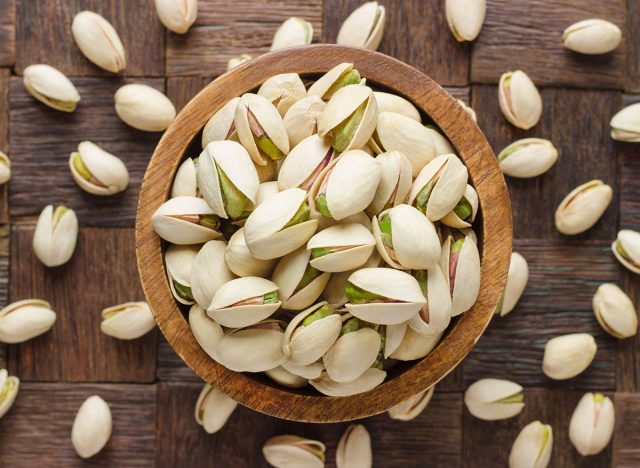
Pistachios are one of the very few foods high in antioxidants that are also a complete protein—meaning they have all nine essential amino acids normally found in animal-based proteins. And a new study conducted by Cornell University and published in the journal Nutrients found that pistachios have a high antioxidant capacity.
In fact, the antioxidant capacity of pistachios rivals that of popular antioxidant-containing foods, including blueberries, pomegranates, cherries, and red wine.
Small Red Beans
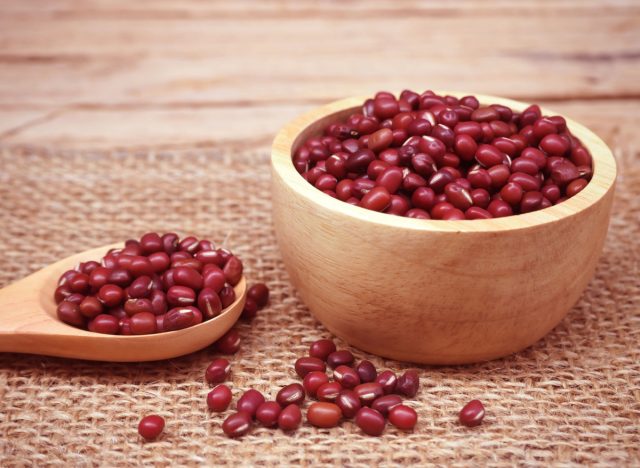
Believe it or not, but small red beans may have more antioxidants than foods classically-known as an antioxidant source, like berries. Adding red beans to your diet can be as simple as stirring in some beans into your sauces or adding some beans to your chili recipe.
Oranges and Orange Juice
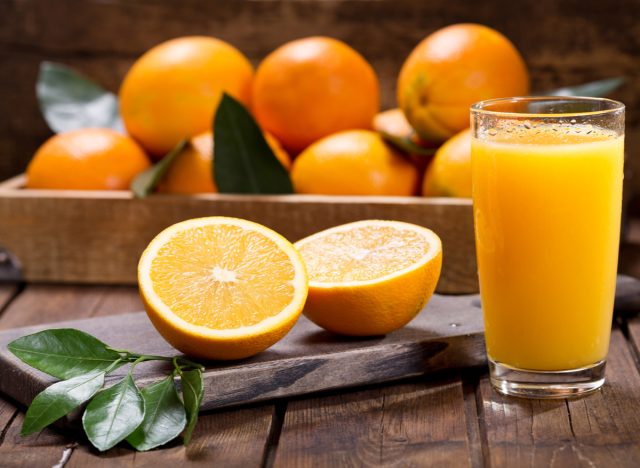
Orange juice is a go-to immune-enhancing drink that many of us know and love. But this natural beverage also contains an array of potent antioxidants including flavonoids, carotenoids, and vitamin C. And since it is a drink made with only one ingredient and no added sugar (just as long as you're buying a carton that says "100% orange juice"), it is a convenient choice for sneaking in more antioxidants in your life.








